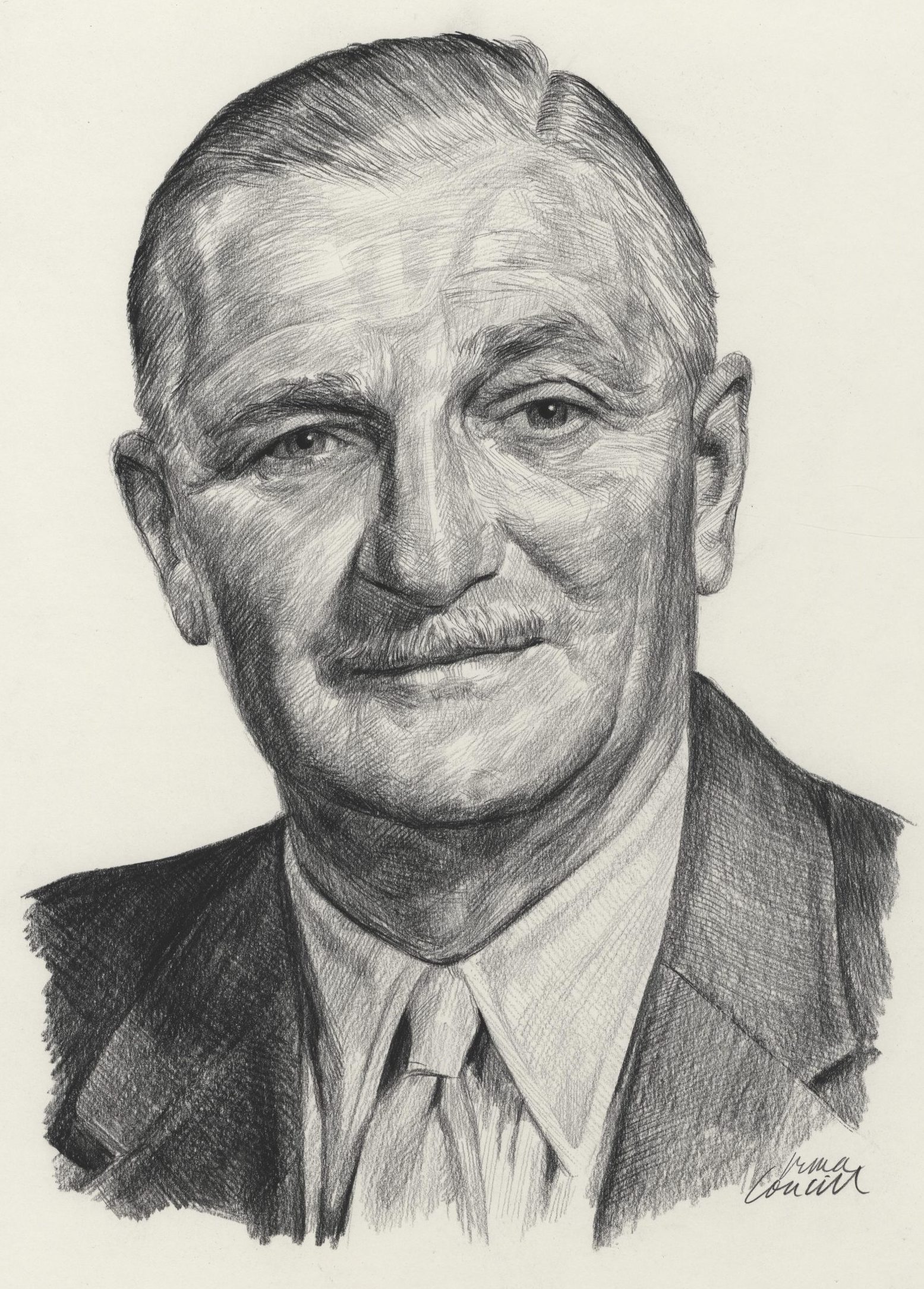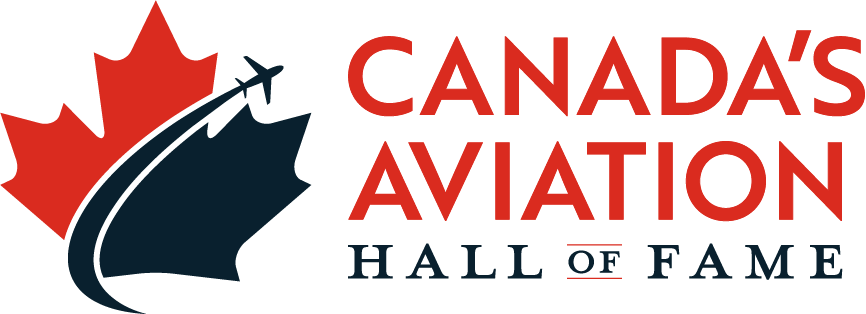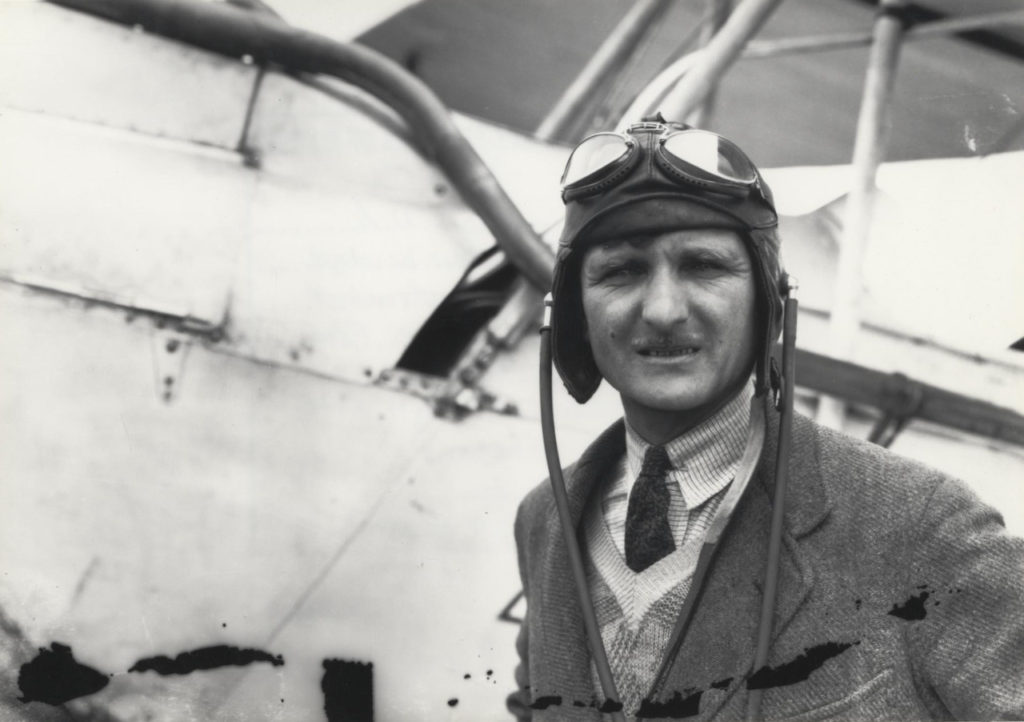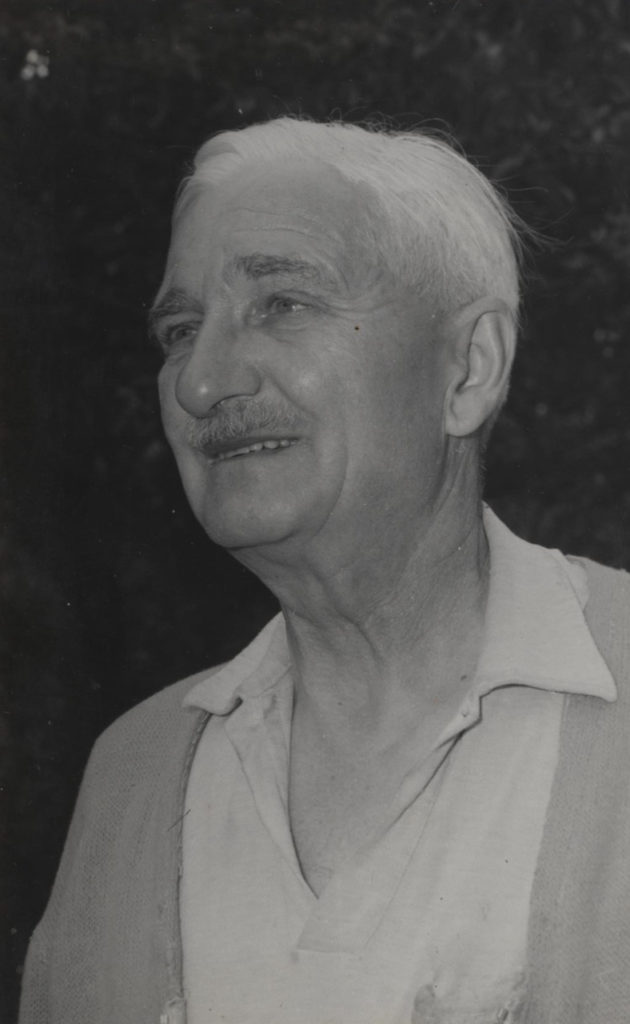Maurice Burbidge

Nickname: Moss
Birth Date: April 15, 1896
Birth Place: Brough East, Yorkshire, England
Death Date: January 1, 1977
Year Inducted: 1974
Awards: The McKee Trophy
His outstanding abilities as a pilot and his instructional talent, directed towards numerous embryonic aviators during his half century of flight, has been of significant benefit to Canadian aviation
The Royal Air Force
Maurice (Moss) Burbidge was born in Brough East, Yorkshire, England, on April 15, 1896, and educated at Pocklington School. He was commissioned a Lieutenant in the Royal Field Artillery at the outbreak of World War I and transferred to the Royal Flying Corps (RFC) a year later where he earned his pilot's wings.
Burbidge took the gunnery school training and served as a flying instructor until early in 1918. At that time he was sent to France with 115 Squadron, RFC, flying Handley-Page bombers. As an operational airman he flew night raids into Germany with the Independent Air Force under Lord Trenchard's command. After the war he remained with the Royal Air Force (RAF) as a Flight Lieutenant, serving in India with 63 Squadron until being transferred to No. 1 Flying Training School in England as an instructor. When the Royal Naval Fleet Air Arm was formed in 1925, it sent its student pilots to train under Burbidge's command.
Chief Flying Instructor
He retired from the RAF in 1928, earned his British Civil Pilot's Licence and was offered three positions. Two were in India and another was as Chief Flying Instructor at the Edmonton and Northern Alberta Aero Club. Burbidge accepted the latter offer and came to Canada in March 1929.
As Chief Flying Instructor, he replaced W.R. 'Wop' May who had left to form his own company, Commercial Airways Limited.During the following decade, while still employed by the club, Burbidge flew occasionally for Commercial Airways out of Edmonton.In December 1929, he became one of the pilots, with May and Cy Becker, on Commercial Airways' inaugural airmail flight to Fort McMurray, Fort Chipewyan, Fort Smith, Fort Resolution and Aklavik, following the Mackenzie River route northward through the Northwest Territories.
But it was as an instructor that Burbidge's talent was most appreciated. He was known as a born instructor with a special talent for gaining a student's confidence in the first few minutes. Hundreds of students had made their first solo flights under Burbidge's instruction by the end of 1932. One of his students was Grant McConachie, who learned to fly in 1929 and who would later become President of Canadian Pacific Air Lines (CPA). Another was Alf Caywood, who learned to fly in 1937 and who later became President and General Manager of Eldorado Aviation.
On To New Things
Burbidge was awarded the Trans-Canada (McKee) Trophy for 1932 “In recognition of his work as Club Instructor”. Colonel D. M. Sutherland, Minister of National Defence, announced the award and commented on the impressive work of the Edmonton and Northern Alberta Aero Club. He believed that the success of the club was entirely due to Burbidge, whose leadership, initiative and discipline made the club a model in every respect.
In April 1938, Burbidge resigned as instructor at the Edmonton Aero Club after nine years, to become associated with Trans-Canada Air Lines in Winnipeg, Manitoba.
He retired from active flying in 1939, but was called back into service in 1940 as a civilian, in the post of Chief Flying Instructor with No. 16 RCAF Elementary Flying Training School at Edmonton. He left in 1942 to become the Manager of the airport at Lethbridge, Alberta.
In 1944, with H.W. Hayter, Burbidge joined the staff of Transportes Aereos Centro-Americanos, an air line operating throughout Central America out of its base in Miami, Florida. He became Operations Manager of the Panama-Nicaragua section and served in that capacity until his final retirement from aviation.
A Strong Legacy
During half a century of flying, Burbidge trained more than 700 students to fly, without a fatality or injury. He flew in excess of 15,000 hours and captained 32 types of aircraft, from the flimsiest pioneer trainers to modern commercial carriers. He died January 1, 1977.
Maurice (Moss) Burbidge was inducted as a Member of Canada's Aviation Hall of Fame in 1974 at a ceremony held in Edmonton, Alberta.
To return to the Inductee Page, please click here.


